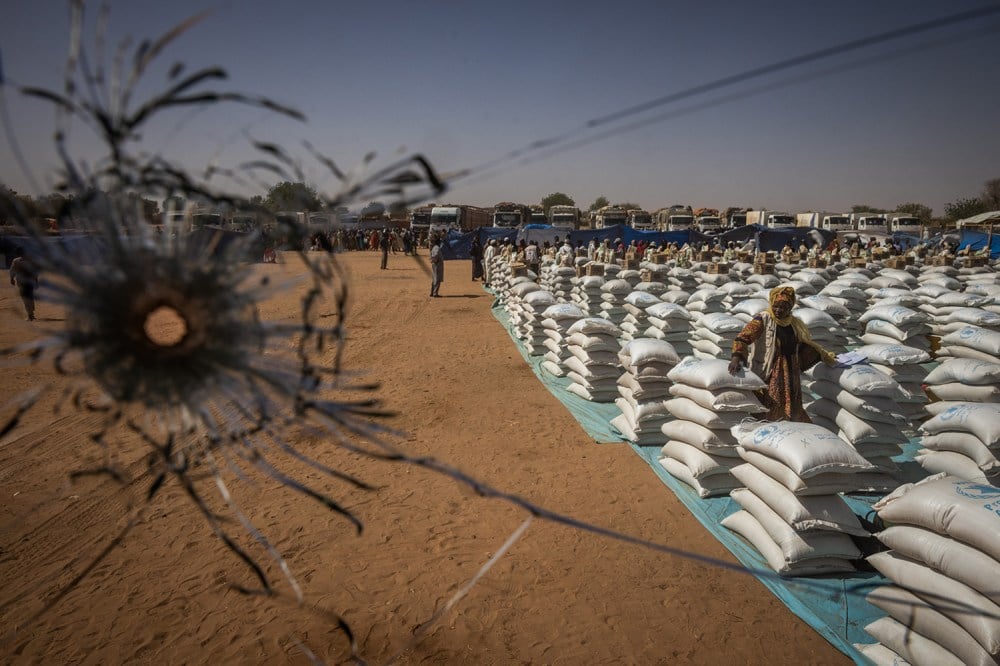Tuesday marked two years since violent clashes broke out between the Sudanese Armed Forces and the paramilitary Rapid Support Forces, sparking a civil war that has led to the world’s worst humanitarian crisis. The conflict has killed around 150,000 people, displaced at least 12 million, and brought famine to Sudan. Yet even as aid organizations describe the crisis as one of “industrial proportions,” it has been largely overshadowed by other conflicts on the global stage.
As the so-called forgotten war enters its third year, with no clear end in sight, we wanted to feature reporting and essays from distinct voices—from a U.S. congressman to the director of a Sudanese think tank—to help you understand the regional and international dimensions of the conflict and the cracks that it has exposed in the global system.
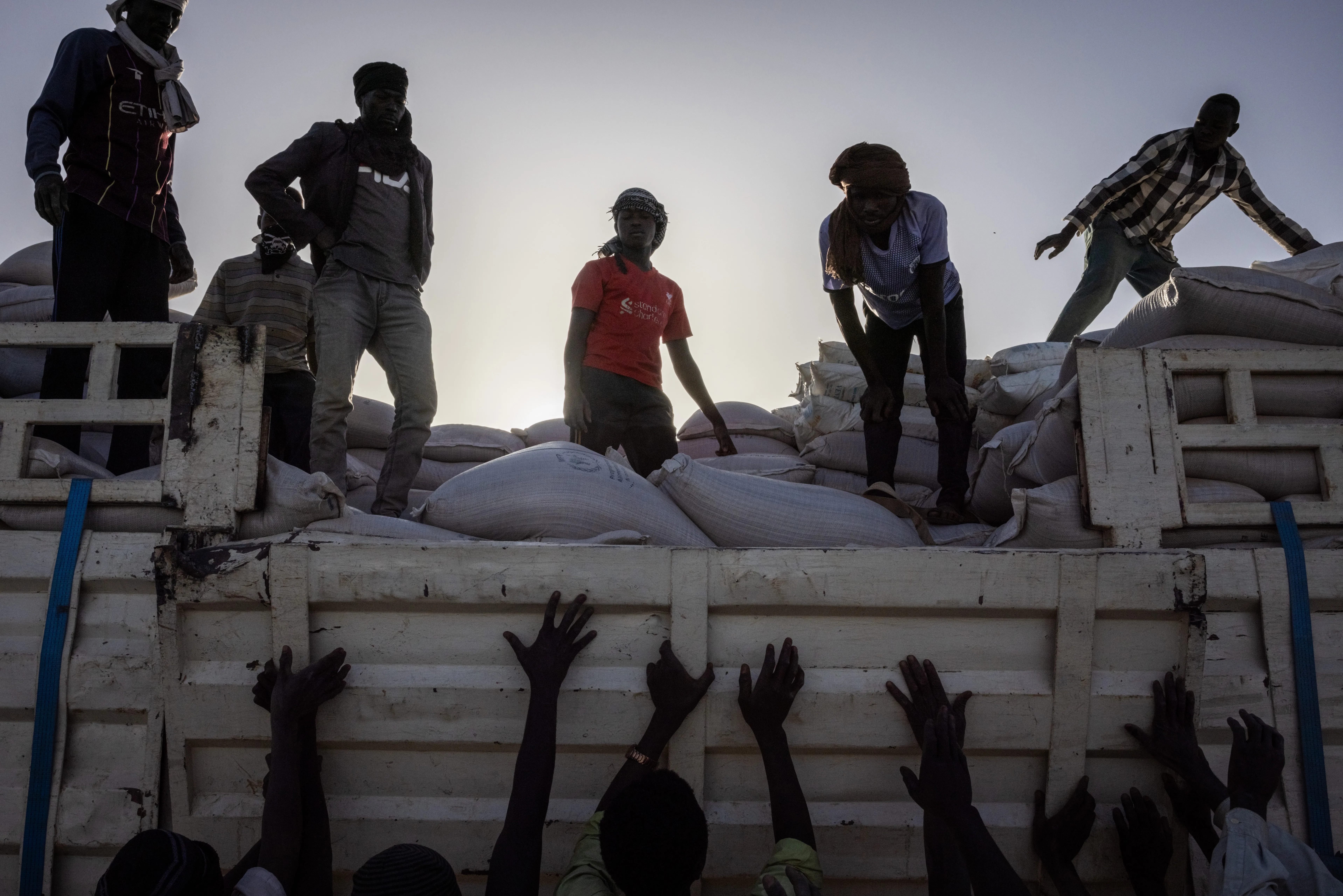
The World’s Refugee Relief Is Utterly Broken
Millions of Sudanese are fleeing a warzone—and exposing the world’s bankrupt response, Neha Wadekar writes.
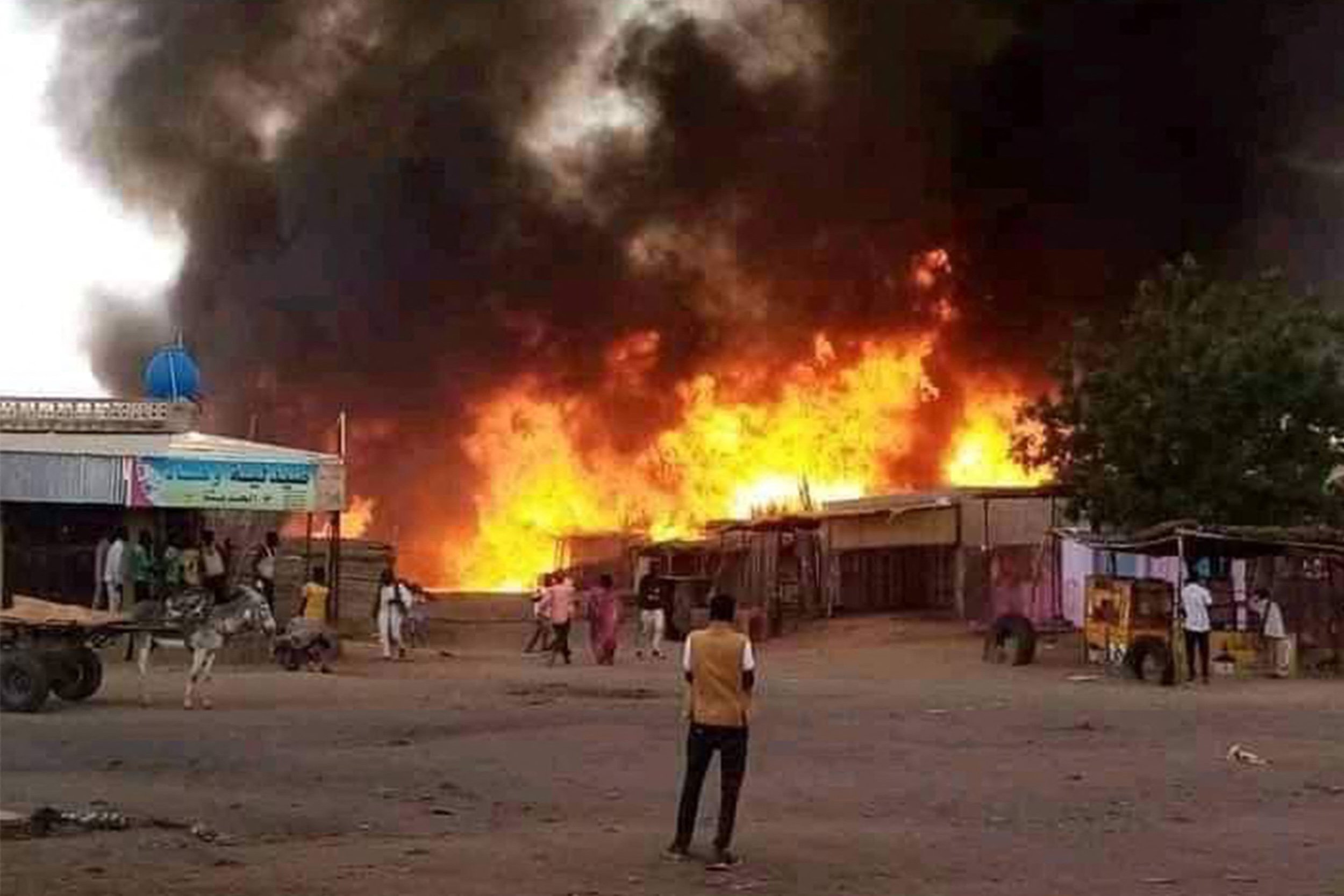
Congress Has a Choice on Sudan
Trump’s indifference and aid cuts are exacerbating the world’s largest humanitarian crisis, Gregory W. Meeks writes.
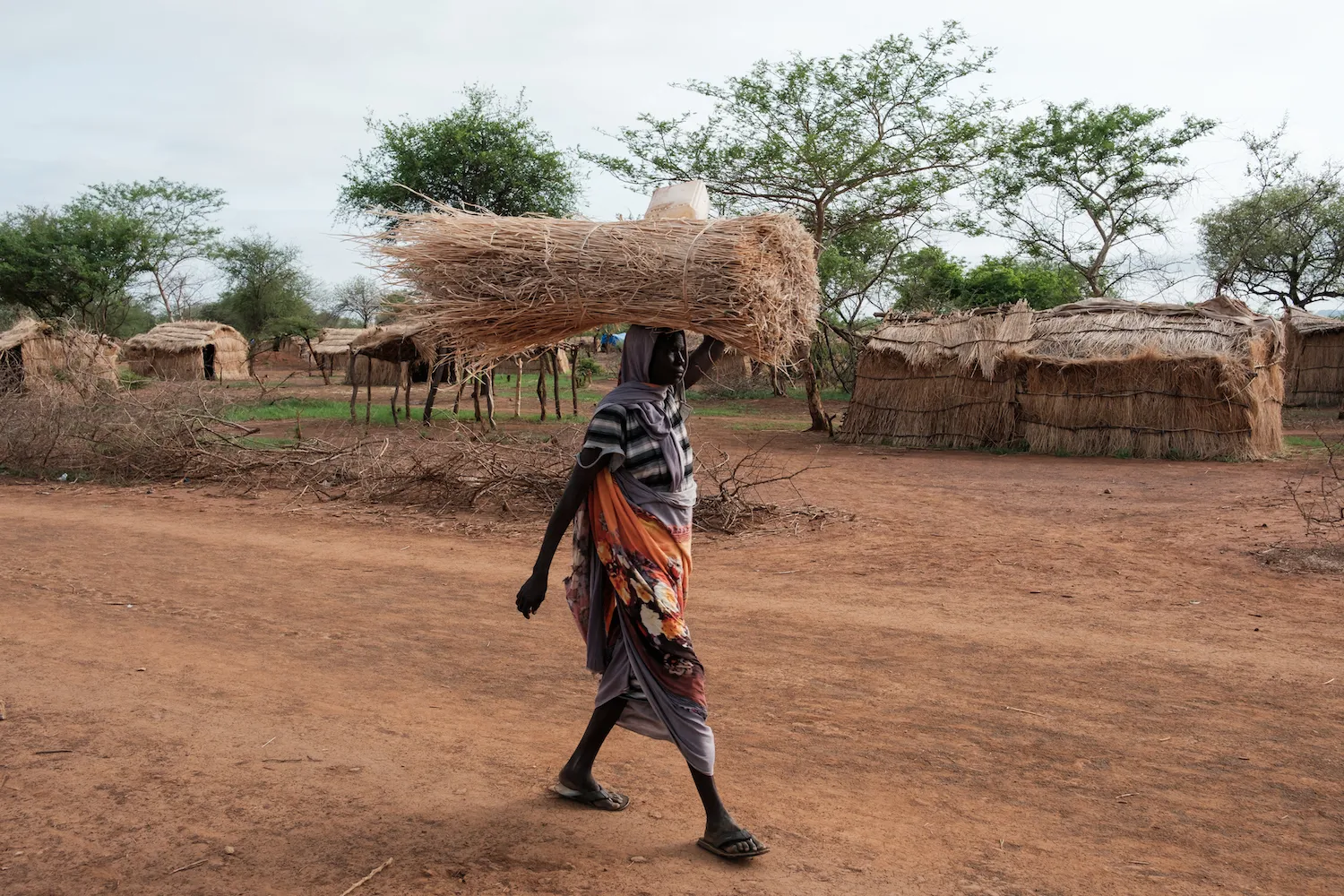
The Global South Must Back Sudan’s ICJ Case Against the UAE
Dozens of countries supported South Africa’s genocide charges against Israel. Failure to do the same for Sudan would be a moral and diplomatic disaster, Amgad Fareid Eltayeb writes.
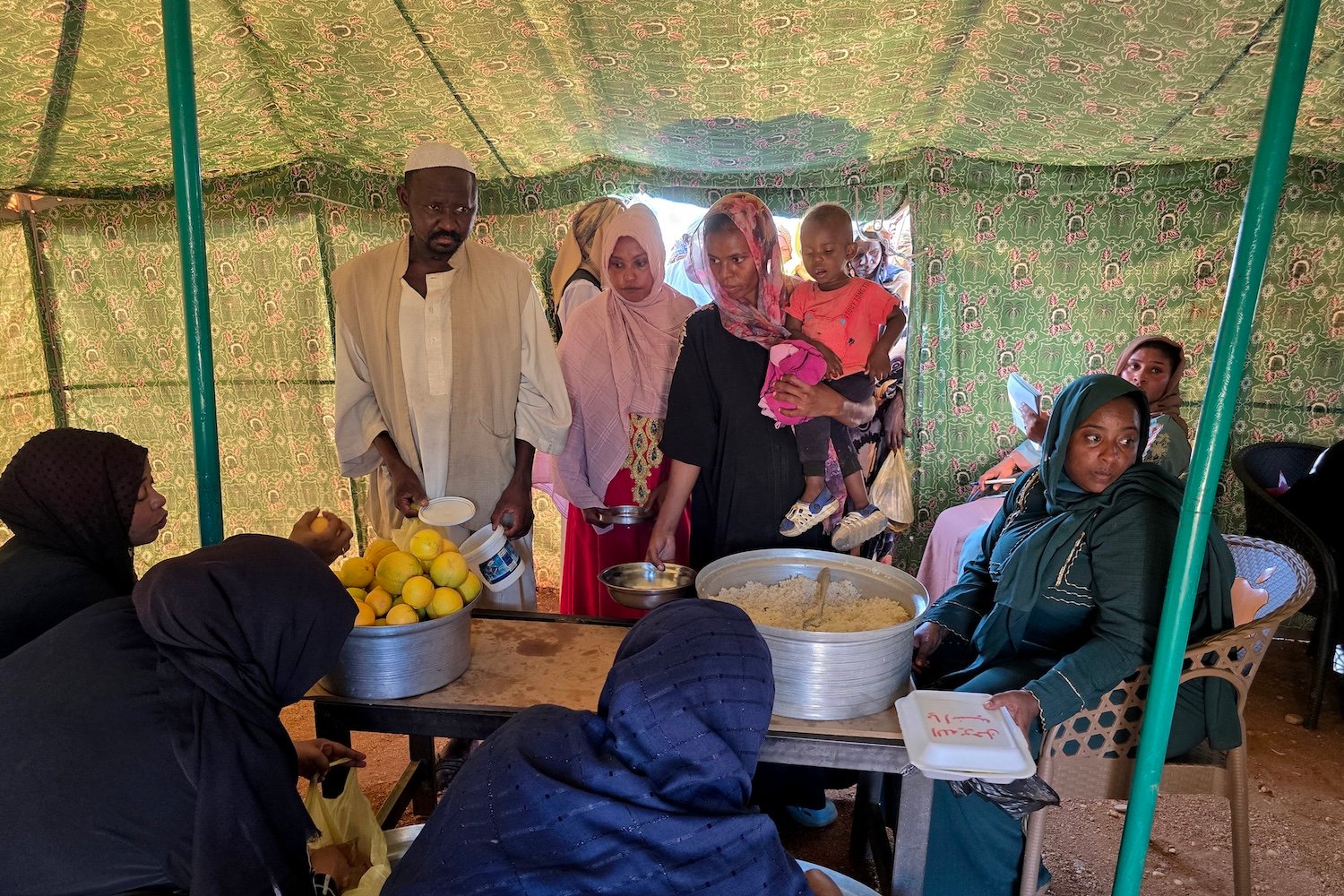
Sudan’s New Model for Aid Distribution
Rather than rely on other countries or international organizations, local communities have banded together, Kelsey Norman and Salah Ben Hammou write.
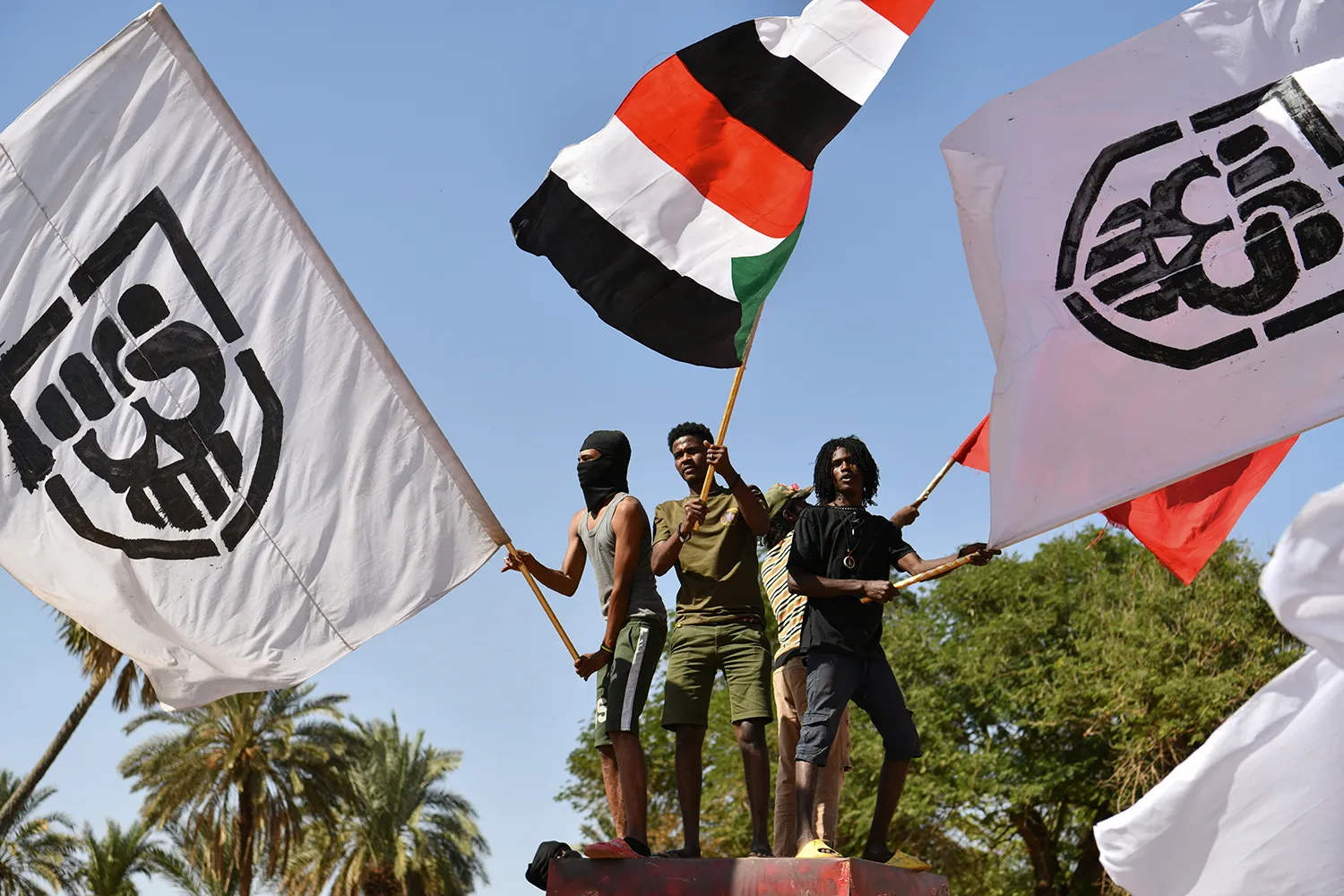
For Sudanese Refugees, Egypt Is Barely a Refuge
As the international community turns to other crises, people fleeing Sudan’s war face dire economic conditions, Ela Yokes writes.
The post Sudan’s Civil War, Two Years on appeared first on Foreign Policy.
